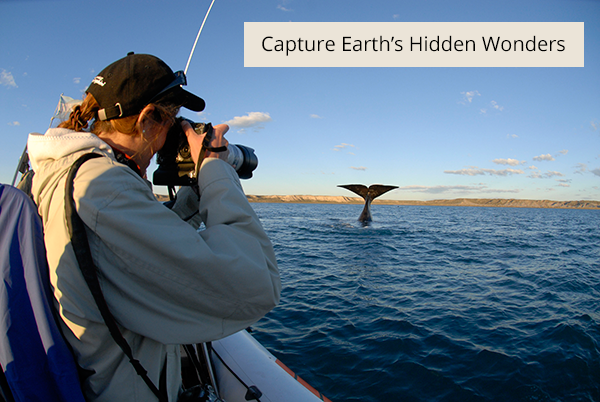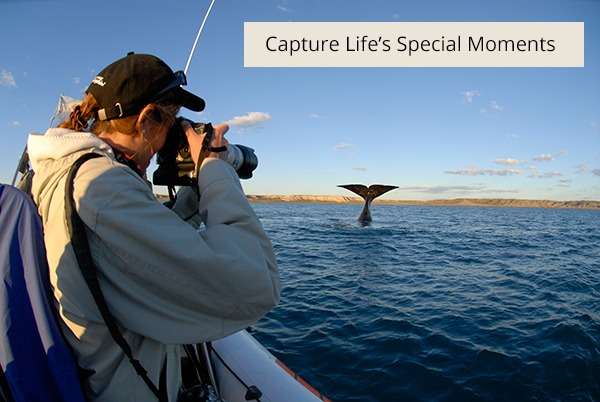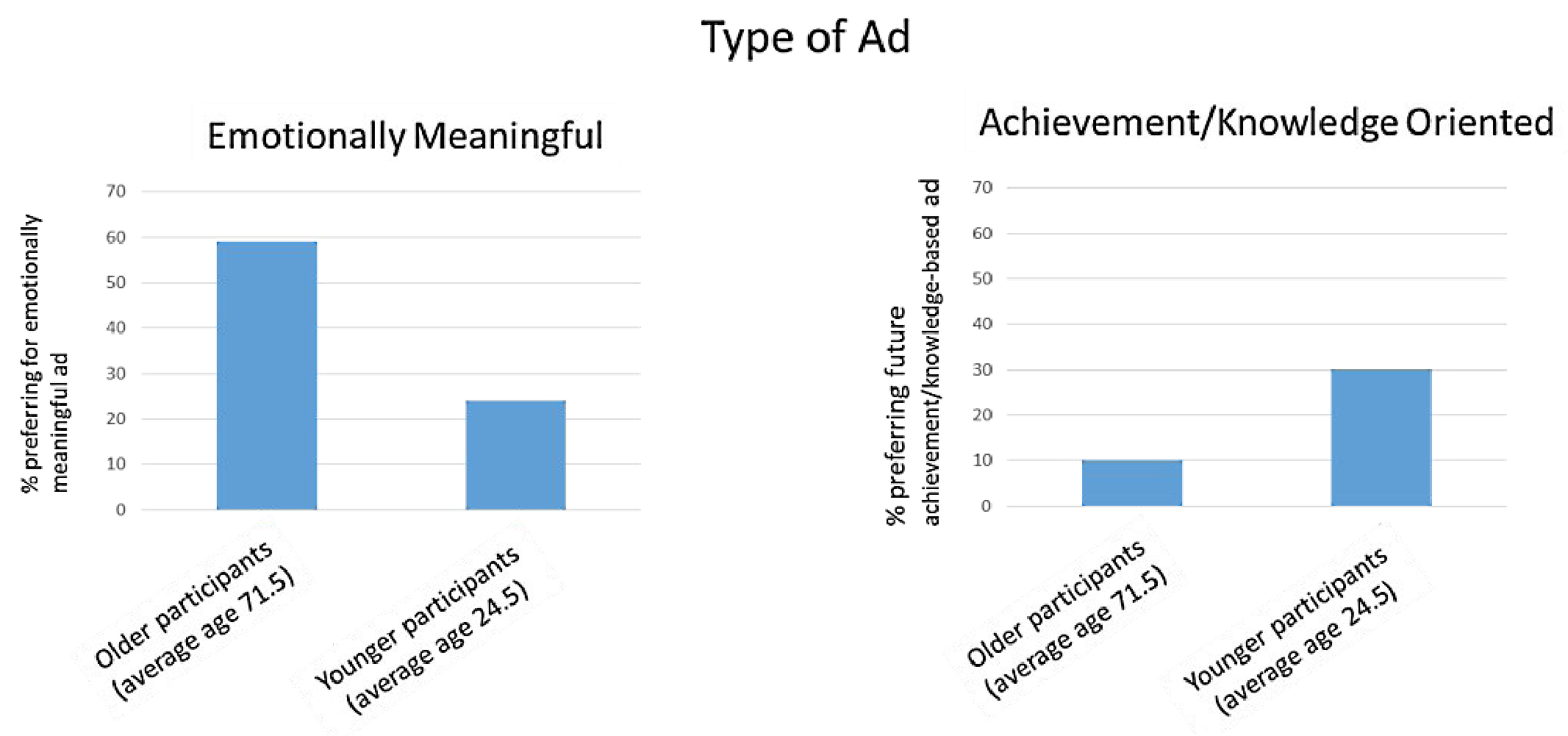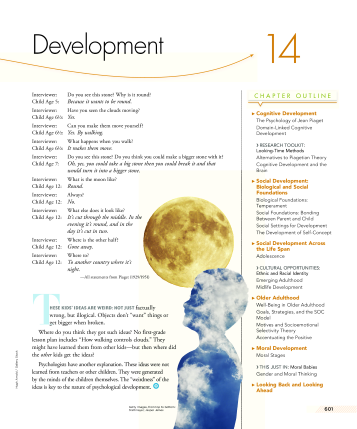Chapter 14. Development
Introduction
14.1 Slide 2
Welcome to your Try This! research experience for Chapter 14.
In a moment, you will see several advertising images. The images refer to products, services, and public service announcements, and have been modified for the purpose of this study (no specific product names appear in the images.)
In actual advertising, any given product or service can be marketed in more than one way. Advertisers know that different versions of an ad may appeal to different people. In this activity, you will see advertising images that appear in two ways, specifically with differing passages of text.
For each pair of ads shown in the following screens, please carefully read the ads and then indicate which one you personally prefer. In other words, please indicate which would be more relevant and appealing to you.
When you are ready, click “Next”.
14.2 Slide 3
14.3 Slide 4
14.4 Slide 5
14.5 Slide 6
14.6 Slide 7
Thank you for rating these four pairs of images.
Could you please also indicate your age here.
Slide 8
Why do you think this Try This! activity is in a chapter on development?
You can begin to answer this by reconsidering a pair of images and answering two questions.
Lost Horizon Images/Getty Images |
Lost Horizon Images/Getty Images |
Which ad do you think has more of an emotional appeal, that is, which one relates more to the goal of experiencing events that are emotionally meaningful?
Which ad do you think appeals more to the goal of acquiring information that may provide valuable to one’s future achievements?
Slide 9
In the research on which this Try This! activity was based (Fung & Carstensen, 2003), researchers presented pairs of images that were designed to appeal to one of two goals:
— experiencing emotionally meaningful events with loved ones (as in our “Bringing you closer to the ones you love” ad)
— acquiring information that may prove valuable to future achievements (as in our “Reach out and explore the world” ad).
As you will learn in Chapter 14, they were testing a theory about the ways in which people’s motivations and preferences change across the course of life.
Slide 10
Your choices are highlighted below. Did you choose emotionally meaningful or informational/future-oriented appeals?
Do you think your choices might have anything to do with your age?
 Lost Horizon Images/Getty Images |
 Lost Horizon Images/Getty Images |
 Hakan Caglav/Getty Images |
 Hakan Caglav/Getty Images |
| 1a | 1b | 2a | 2b |
 Gerard Soury/Oxford Scientific/Getty Images |
 Gerard Soury/Oxford Scientific/Getty Images |
 Hybrid Images/Cultura/Getty Images |
 Hybrid Images/Cultura/Getty Images |
| 3a | 3b | 4a | 4b |
Slide 11
The researchers found that people’s preferences for advertisements varied; older adults preferred emotionally meaningful ads, whereas younger adults preferred ads that were oriented toward future achievement and the acquisition of knowledge through novel experiences.

Adapted from Fung & Carstensen, 2003
Numbers do not sum to 100% because participants could also indicate “no preference.”
14.7 Slide 12
Now compare their results to your own responses
On [__]% of the trials, you preferred the emotionally meaningful ad (1A, 2A, 3B, 4A).
On [____]% of the trials, you preferred the achievement/knowledge-oriented ad (1B, 2B, 3A, 4B).
Think about how your responses related to those of the average younger and older adult as you now return to the chapter.
This activity inspired by and based on:
Fung, H. H., & Carstensen, L. L. (2003). Sending memorable messages to the old: Age differences in preferences and memory for advertisements. Journal of Personality and Social Psychology, 18, 476-487.

